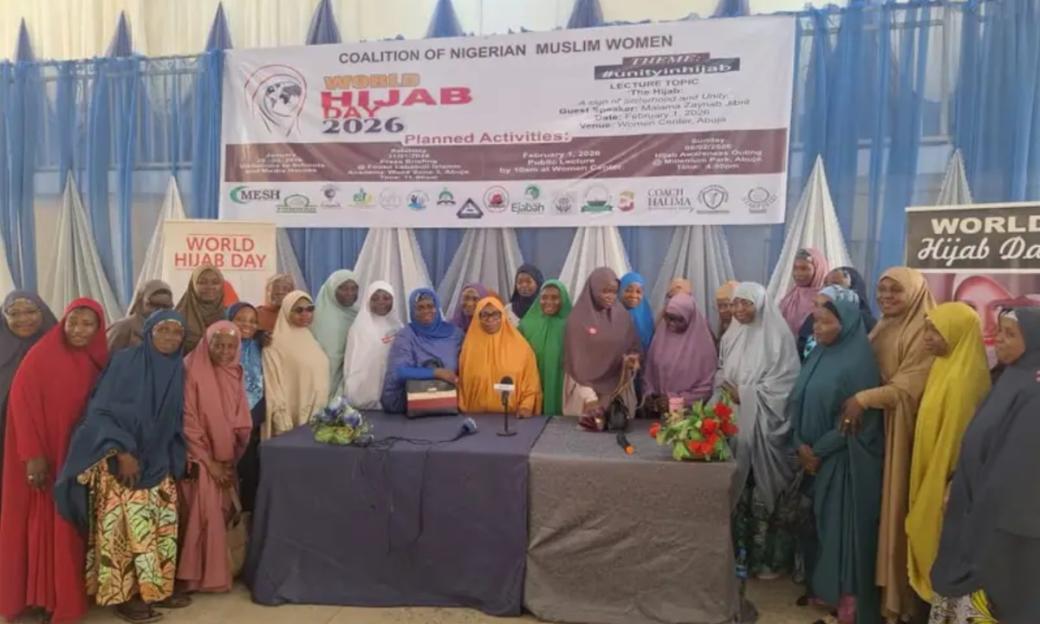The Nigerian Communications Commission, NCC, has said that Nigeria has witnessed tremendous transformation in the telecoms sector leading to the achievement of over 79.65% tele-density and a Broadband Penetration of 48.81 as at May 2025.
NCC EVC, Aminu Maida spoke during the Stakeholders Forum on General Authorisation Framework for the Nigerian telecoms industry on Thursday.
According to him, this transformation, which followed the liberalization of the sector, has been on the rise in the last 24 years.
Maida pointed out that the progress has been driven by the rapid uptake of mobile technologies, surging data consumption, and an increasing appetite for digital services.
He noted that the recorded progress cannot be sustainable and beneficial to the people if a regulatory paradigm that is not only responsive but enabling is not embarked upon.
“Today, we are at a significant juncture, where disruptive innovations are accelerating the evolution of the communications ecosystem.
“We are now at a turning point, where the nature of innovation demands a regulatory paradigm that is not only responsive but enabling,”; he said.
Maida maintained that modern regulation must be designed to enable innovation rather than hinder it.
“This is an objective that lies at the core of NCC, latest initiative: the General Authorisation Framework.
“This reform introduces a flexible and responsive regulatory licensing approach that is structured to embrace new and emerging services that fall outside the existing License Structure,”; he added.
However, the EVC further noted that regulation alone is not enough, “Youâour stakeholdersâare central to the success of this framework.
“Mobile Network Operators, Service Providers, Infrastructure Companies, OEMs, startups, civil society, and academia all have a role to play.
“Your insights, your ideas, and your partnership are critical in refining this
approach and making sure that it works for Nigeria.
“As we look to the future, we must ensure that no one is left behind. That means expanding access, closing connectivity gaps, and empowering our youth, women, and The future of Nigeria’s digital economy is no longer distant.
“It is unfolding right before
us. And at the heart of this future is the communications sectorâour shared infrastructure for innovation, inclusion, and economic advancement.
“To sustain momentum, we must be bold, collaborative, and committed to building a resilient and innovative ecosystem. Through the General Authorisation Framework, we are unlocking new pathways for experimentation, market entry, and growth.”;







